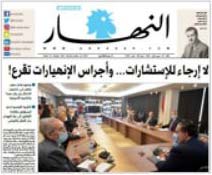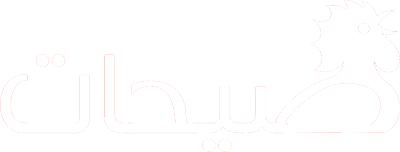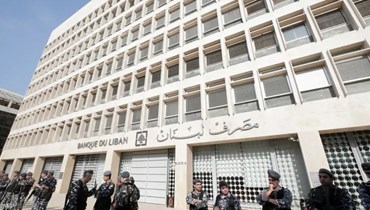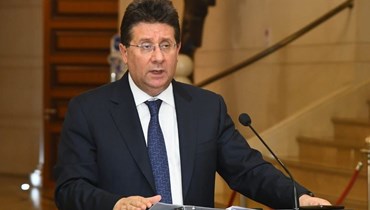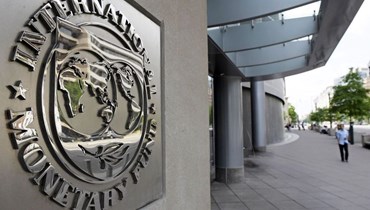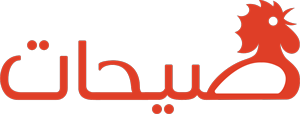Byblos Bank: Consumer confidence stagnates in second half of 2018
BEIRUT: Consumer confidence in Lebanon improved modestly in the third quarter of 2018, while the Index halted any further notable growth in the fourth quarter of the year, despite a percentage growth jump in confidence for December, as reported this week by the results of the Byblos Bank/AUB Consumer Confidence Index.
The Index reached 75.4 in July 2018, down by 5.7 percent from 80 in the preceding month. It then slightly regressed by 0.4 percent to 75.1 in August and increased by a marginal 0.3 percent to 75.3 in September 2018. Further, the Index posted a score of 74.6 in the October 2018 survey, down by 0.9 percent from the previous month. It then declined by 0.8 percent to 74 in November and grew by 5.3 percent to 77.9 in December 2018.
The Byblos Bank/AUB Consumer Confidence Index averaged 75.3 in the third quarter of 2018, constituting an increase of 1.5 percent from 74.2 in the second quarter of 2018, while it was nearly unchanged at 75.5 in the fourth quarter of 2018. The results of the third quarter of 2018 were the 11th highest since the Index's inception in July 2007, while the fourth-quarter results posted their 10th highest quarterly reading in 46 quarters.
Household sentiment was influenced during the third quarter of 2018 by the unexpected delays in the formation of a new Cabinet in Lebanon, which sapped any momentum in confidence that the May 2018 parliamentary elections generated. In parallel, the protracted political impasse and the deliberate obstacles to the formation of a government extended the stagnation in household sentiment into the fourth quarter of 2018, Byblos noted in its midweek report.
The average monthly score of the Index in the third quarter of 2018 was 29 percent lower than the quarterly peak score of 105.8 registered in the fourth quarter of 2008. Still, the third-quarter results were 35.6 percent higher than the monthly trend average score of 55.5 since the inception of the Index in July 2007.
Further, the average monthly score of the Index in the fourth quarter of 2018 was 28.6 percent lower than the outcome of the fourth quarter of 2008. But it was 36.1 percent higher than the monthly trend average score since July 2007. In parallel, the Index posted an average monthly value of 75.4 during the second half of 2018, constituting an increase of 11.7 percent from 67.5 in the first half of the year.
The second-half results represented the Index's fifth-highest level in 23 semi-annual readings. They were also 35.8 percent higher than the Index's trend average score since July 2007. However, the average monthly score of the second half of 2018 represented a decline of 22.6 percent from the peak of 97.5 registered in the first half of 2009.
While the confidence level of consumers held steady throughout the second half of 2018, despite the flood of rumors about the impending collapse of the economy and of the national currency. The near-term expectations of households were higher than their views of their current conditions during the second half of 2018.
Comparably, less than 10 percent of surveyed Lebanese in the fourth quarter of 2018 expected their financial conditions to improve in the coming six months. Only 9 percent of the Lebanese surveyed in the fourth quarter of 2018 expected business conditions in Lebanon to improve in the coming six months. For the second consecutive year, the increase of the Index did not lead to an improvement in economic activity, ushering a new normal of very low growth rates despite increasing confidence levels.


 اشترِك في نشرتنا الإخبارية
اشترِك في نشرتنا الإخبارية


